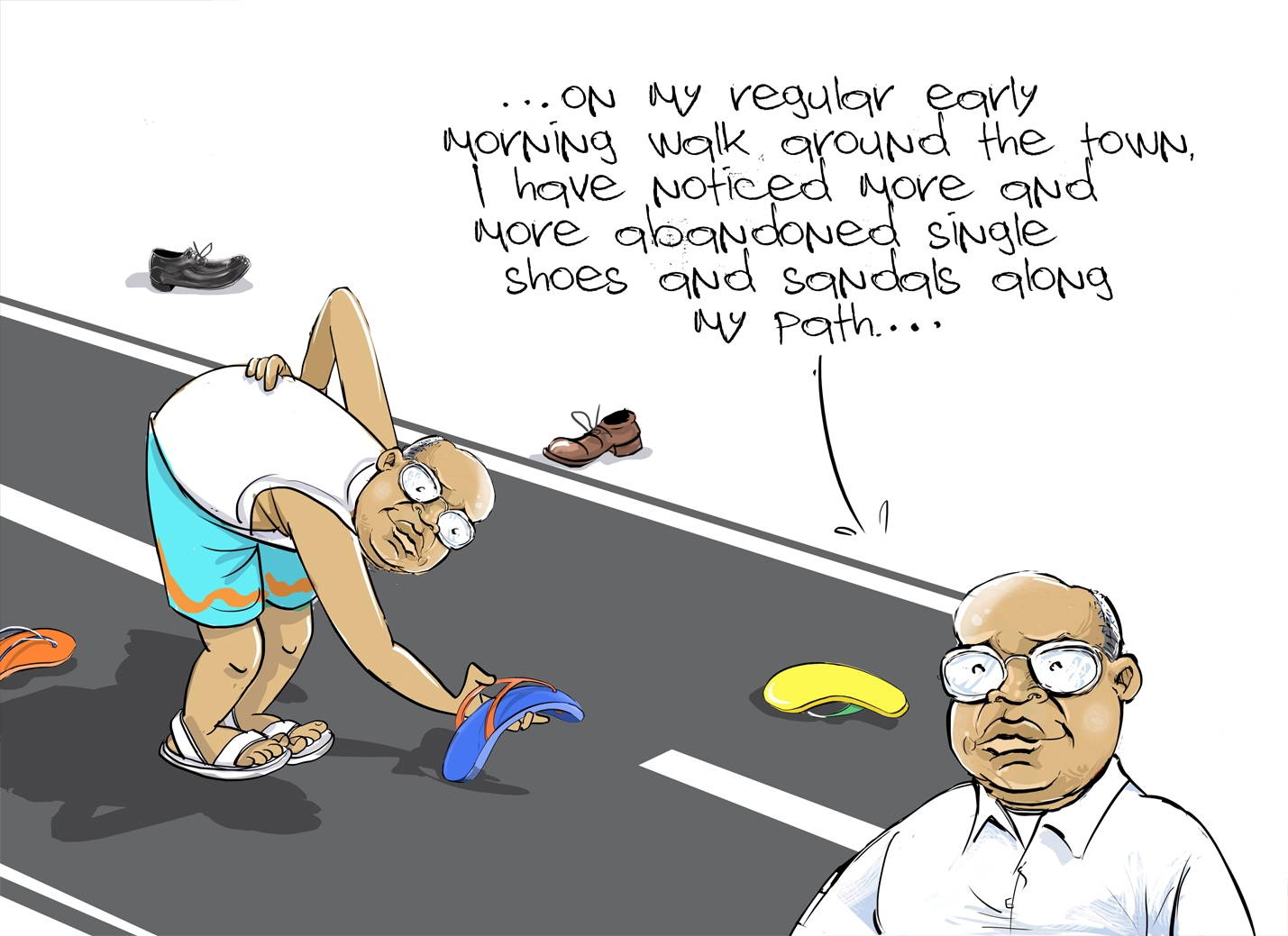Despite a perceived widespread disaffection with families and marriage, a survey has found a huge majority of Kenyans still believe in two parent-led homes and in traditional marriage.
The survey by titled “Wakenya” and conducted by Consumer Insight shows that the perception about marriage and the two-parent family unit is evenly spread across respondents of all age groups in urban and rural areas.
This finding is a reality check despite the increasing number of single mothers and one parent-led households. In most cases, the parent is the mother.
The report was released in late 2023 but only made available on purchase, targeting corporate entities that want to use the outcomes of social surveys to inform their market differentiation strategies.
Consumer Insight says the survey was conducted through quantitative face-to-face interviews, with a respondent base of more than 3,000 people participating in four waves from 2016 to 2023.
The brief digest sent to the Star on request suggests the study found 93 per cent and 85 per cent of respondents respectively still strongly believe in traditional family values, including two parent homes and marriage between man and woman.
“The Wakenya Study found that Kenyans still value two-parent homes and value marriage highly (93 per cent and 85 per cent, respectively) along with the responsibilities to extended family and community. Of the respondents, 81 per cent who were raised by their mothers (21 per cent) confidently said a “mother-led home” worked out well for them. The growing numbers of female surnames confirm this trend,” the digest reads.
Dr Felgon Marandi, consultant sociologist, told the Star the finding of the report dispel the bubble of the younger generation who believe the family unit was being undermined by modern values that champion independence, divorce and even same-sex marriages, which are illegal in Kenya.
“The report is a good pointer to what we have been saying for a long time, that family units in our country are still solid and firm. The country is overwhelmingly conservative and that is why enough efforts should be made in supporting single families struggling to raise their children alone,” Marandi said.
Further, the report found an increase in the number of Kenyans using recreational drugs, specifically bhang and miraa.
“As the Wakenya Study found, nine per cent now say they use these drugs an increase since 2016 for every year without decline. Specifically, this rise in cannabis usage contrasts with the fall of cigarette smoking (four per cent are active tobacco smokers), despite the fact cannabis is illegal in Kenya,” the report reads.
The report also found that the internet is the new mecca for Kenyan consumers seeking news, movies and music, a fact sustained by internet penetration standing at 78 per cent in the country.
Kenyans love the internet so much that 32 per cent are always connected at any given time.
This internet growth coincides with the fall of legacy formats such as radio and newspapers which are currently facing reduced audience numbers: of those polled, only six per cent told Wakenya that they read newspapers, the digest said.
With the leading internet destination being social media, the competition for Kenyans attention by major social networks is high. TikTok subscriptions have risen fastest (to 49 per cent at par with YouTube), which suggests the short-video format is a trend to watch.
Established platforms like YouTube and Instagram have already imitated the upstart Tiktok while Twitter is at 31 per cent.
“Of overall interest in the country’s internet arena are the 42 per cent who self-identified as content creators, which reveals the numerical basis of Kenya’s renowned internet presence.
Part of this internet craze is the rise in online shopping. The survey found that one in three Kenyans have shopped online, majority of them getting led into it from social media advertising.
“… one out of three Kenyans have now shopped online. Curiously, a respectable share of Kenyan online commerce (17 per cent) is based on social networks (Facebook, Instagram, etc.) rather than impersonal store-front websites,” it said.
“E-learning trends are also growing, in tandem with internet growth, and 27 per cent of those polled by Wakenya acquired an online education. Certificate-less courses lead in this trend with 40 per cent, more than double the 16 per cent for university degrees.”
Moreover, on financial use habits of Kenyans, the survey found that at least half of Kenyans (52 per cent) are now borrowers, increasing from 40 per cent in 2019.
Sources of credit have changed as well, and 59 per cent say they borrow on their mobile phones – a sharp increase from 33 per cent in 2016.
“The sources of consumer credit have changed as well; bank branches have been replaced by digital lenders – with independent digital lenders and bank-owned platforms sharing the market. Along with finance, Wakenya found that the digitisation trend has affected to two other essential industries differently: insurance and media,” it said.
















